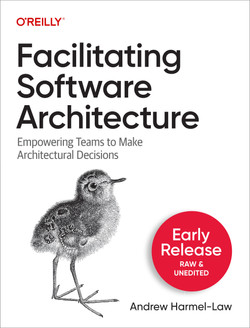17 books
—
12 voters
Programming
A programming language is a formal constructed language designed to communicate instructions to a machine, particularly a computer. Programming languages can be used to create programs to control the behavior of a machine or to express algorithms.
Related Genres

“
Well, Mr. Frankel, who started this program, began to suffer from the computer disease that anybody who works with computers now knows about. It's a very serious disease and it interferes completely with the work. The trouble with computers is you *play* with them. They are so wonderful. You have these switches - if it's an even number you do this, if it's an odd number you do that - and pretty soon you can do more and more elaborate things if you are clever enough, on one machine.
After a whil
...more
”
― Surely You're Joking, Mr. Feynman!: Adventures of a Curious Character
― Surely You're Joking, Mr. Feynman!: Adventures of a Curious Character

“
Truth can only be found in one place: the code.
”
― Clean Code: A Handbook of Agile Software Craftsmanship
― Clean Code: A Handbook of Agile Software Craftsmanship
We're a new book club looking to learn and help learn all things programming and computer scienc…more
2 members,
last active 9 years ago
Tags
Tags contributing to this page include: programming and programing




























































